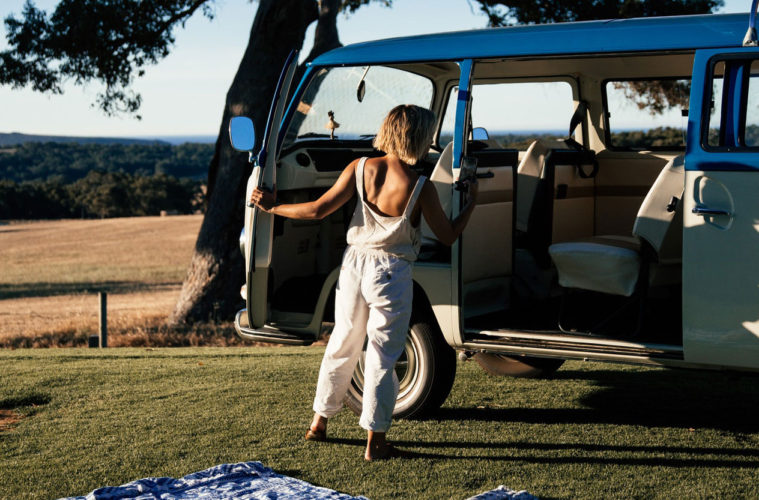Campervan Holiday and Campervan Insurance | Whether you’ve hired a campervan to see if you enjoy the more nomadic style of holiday, or are looking forward to your first week away in your home campervan conversion, there is always a bit of pre-holiday planning involved. The following are 10 tips to help make your week on the road as problem free as possible.
Campervan Holiday | Before the wheels start rolling
- Make sure you are street legal. Unless you’ve decided to hire an American Winnebago, you should be okay with a standard UK driving licence.
- You may have decided to just use your normal car insurer for your campervan insurance. However, if you feel the quote is a little on the high side, search for https://www.campervaninsurance.co.uk/campervan-insurance. They are an online comparison website specialising in the insuring of campervans, and can find you the best campervan insurance deals on the net.
Pre-journey vehicle checks
- If it’s been hired, it should have been done before you picked it up. Nonetheless, a second check won’t do any harm. Check oil, water, and brake fluids. Check batteries are charged and terminals tight, and there are no leaks from any of the hoses. Check lighting, indicators, and tyre pressures, and make sure the fuel tank is topped up.
Travel light
- Keep clothing to a minimum. A few changes of underwear, tee-shirts and shorts for daytime, sandals or trainers, jeans for those cooler evenings, and a light jacket each. A couple of towels and tea towels. One sheet per bed, and a good high-tog duvet for the chillier nights.
- Keep foodstuffs and cooking utensils basic, and only use plastic or tin plates and mugs, and light saucepans. Work on the basis you’ll be cooking on a camping stove or small barbecue, and pack accordingly.
Tie everything down
- Make sure everything is securely packed in cupboards, cabinets or boxes, and add locks so they can’t burst open. Disconnect gas bottles and water containers, and secure them with bungee-straps or belts. Coil electrical hook-up cables and tie with cable ties, likewise flexible water hoses. Don’t leave anything unsecured that can roll about and cause damage.
Hope for the best, plan for the worst
- Make sure you have a decent first aid kit. Make up a basic vehicle toolbox of jack, wheel brace, a few spanners and screwdrivers, spare bulbs, fuses and duct tape. And don’t forget a torch, the phone/laptop chargers, gas bottle spanner, and tin opener.
On the road
- While a good GPS system, either in the cab or on your phone, will be a boon if you don’t know the area, make sure you’ve also got an up to date map, in case the signal goes down. You can also download a number of apps which cover everything from best/nearest campsites, garages, eateries, and parking areas.
- Limit your driving hours. If you don’t know the vehicle, driving can get extremely stressful. A run round the block in your newly converted campervan to see if the wheels go round, doesn’t count as knowing your vehicle. Break your driving up into two hour slots, and stop for 20 minutes to stretch the legs and enjoy a coffee in a service area.
The first night’s stop
- Finally, at least plan your first night’s stop. Pick a site with all amenities. You’ll be surprised how physically and mentally tired six hours driving an unknown vehicle, on unknown roads, will make you. After a refreshing shower, mug of coffee, and a relax in your favourite fold-up chair, you’ll be turning in with a smile on your face. Day one accomplished, and looking forward to day two. Enjoy your campervan holiday!
From Campervan Insurance to Campervan Holiday tips, we hope you find this article useful.



